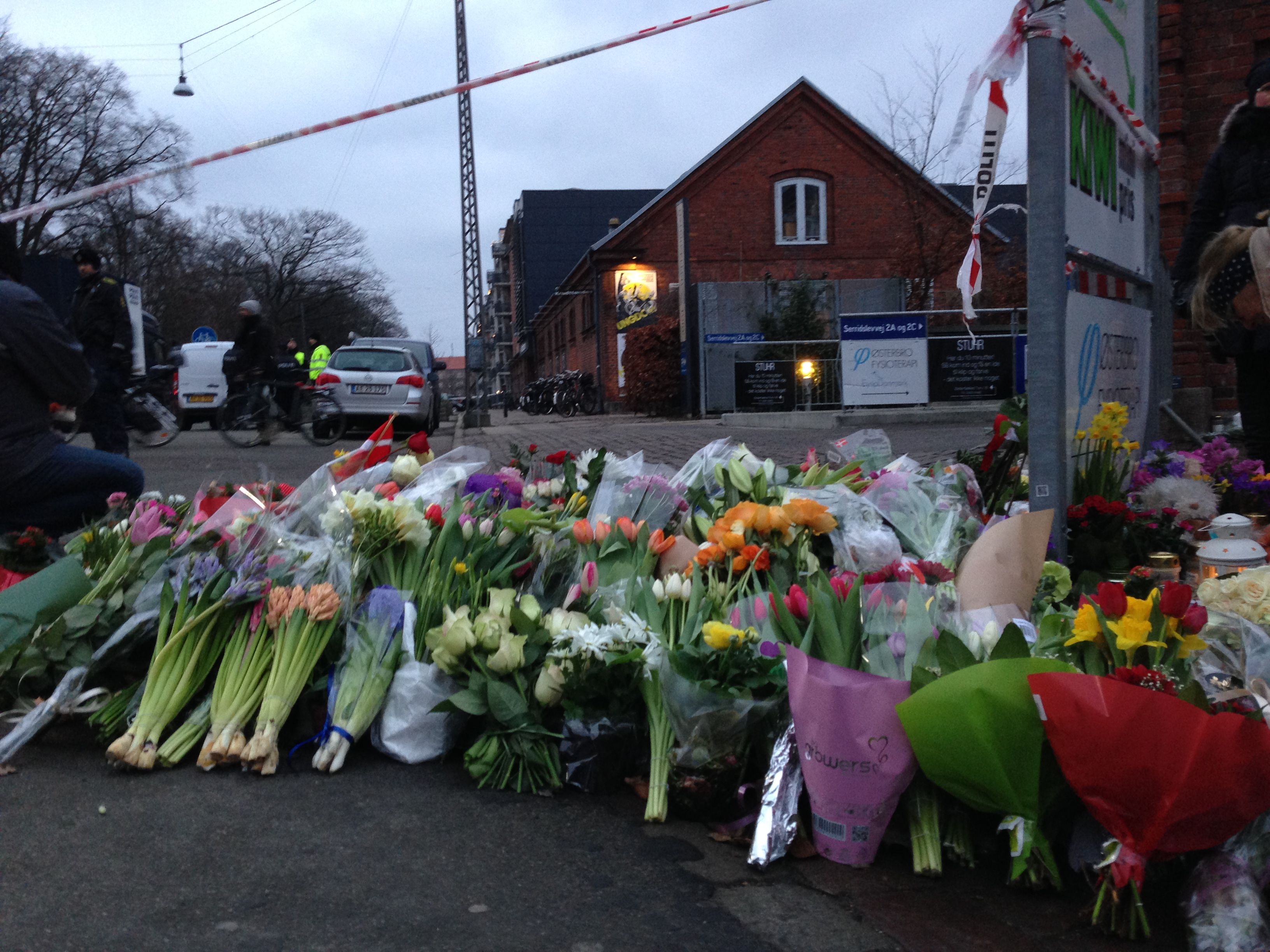More and more Danes, worried about youths being radicalised, are calling VINK, the anti-radicalisation hotline operated by Copenhagen Municipality.
Since 2009, VINK has only received 109 calls. However, 60 of them were made in 2014 alone, and in the first quarter of 2015, the service has already assisted in 28 cases.
More political and media attention
After the February terror attack in Copenhagen, the issue of youth radicalisation and the increasing aggressiveness of terrorist organisations recruiting young people has gained more political and media attention.
Several municipalities have already started making concrete plans regarding how to get in touch with young people who are radicalised or in danger of becoming so.
In January, a majority of MPs agreed to allocate 60 million kroner to tackle this issue, including extra resources for the Danish security and intelligence service, PET.
Expert conference on radicalization of youth
Today, a group of experts will meet to discuss how the Danish authorities, the civil society and Muslim organisations can co-operate to prevent radicalism among the youth.
The attendees of the conference will also talk about how to address the online recruitment of terrorist organisations that is taking place on social media.
Free advice and mentoring
VINK works towards building a dialogue with young people who may be attracted to extreme ideological or religious communities by providing access to relevant information and networks.
The service offers free help and advice to parents, teachers and young people, including mentoring and coaching.
In particularly serious cases, VINK co-operates with SSP Copenhagen and the Crime Prevention Section of the Copenhagen Police.















